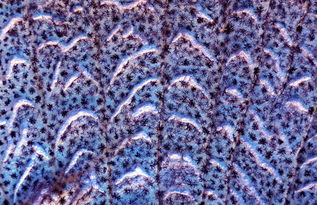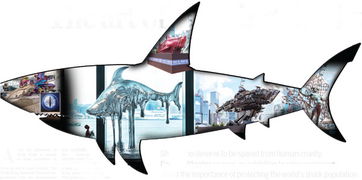Content:
Summer, with its scorching heat, presents unique challenges for anglers looking to catch coldwater fish. The warmer temperatures can affect the fish's behavior and feeding patterns, making it crucial to adapt your fishing techniques accordingly. Here are some essential tips and tricks to help you master the art of catching coldwater fish during the summer months.
Choose the Right Time of Day Coldwater fish, such as trout and salmon, are often most active during the cooler parts of the day. Early morning and late evening are typically the best times to fish, as these periods offer more comfortable water temperatures for the fish. Try to fish during these times to increase your chances of success.
Select the Right Lures and Baits During the summer, coldwater fish may be less likely to bite on bright, flashy lures. Opt for natural-looking baits and lures that mimic the fish's natural prey. Live bait, such as worms, minnows, or leeches, can be highly effective. Artificial lures like spinners, spoons, and soft plastics that imitate insects or small fish can also be productive.
Adjust Your Approach for Different Water Conditions Summer can bring varying water conditions, such as high temperatures, low oxygen levels, and increased water flow. Here's how to adjust your approach:
High Water Temperature: Fish may be found in deeper, cooler water during hot summer days. Look for areas with shade, such as under overhanging trees or in deeper pools. Additionally, using lighter line and smaller lures can help avoid spooking the fish.
Low Oxygen Levels: During periods of high water temperature and low oxygen, fish may be more difficult to locate. Target areas with strong water flow, as moving water tends to be more oxygenated. Also, try fishing early in the morning or late in the evening when oxygen levels are higher.
Increased Water Flow: When water flow is high, fish may be found in slower-moving pockets or along the edges of currents. Use lures or baits that can be worked effectively in these areas.
Be Mindful of Weather Conditions Summer storms can be unpredictable and can significantly impact fish behavior. Fish may seek shelter in deeper, cooler water during a storm. If you're fishing during a storm, be prepared to move to a different location or wait until the weather clears.
Use the Right Equipment To increase your chances of success, use the following equipment:
- Lighter Rod and Reel: A lighter rod and reel can help you cast more effectively and reduce the risk of spooking the fish.
- Monofilament Line: Monofilament line is less visible in the water and can help you present your bait or lure more naturally.
- Sharp Hooks: Ensure your hooks are sharp to facilitate easy hook-ups and reduce the risk of losing fish.
Patience and Persistence Catching coldwater fish during the summer can be challenging, so patience and persistence are key. Spend time observing the water and understanding the fish's behavior. Be prepared to experiment with different techniques and locations until you find what works best.

Respect the Environment Always practice catch-and-release fishing when possible, especially with coldwater fish. These species can be sensitive to temperature changes and may not survive well in warmer waters. Additionally, be mindful of your impact on the environment by disposing of trash properly and leaving the area as you found it.
In conclusion, catching coldwater fish during the summer requires a combination of timing, technique, and equipment. By adapting your approach to the changing conditions and being patient, you can increase your chances of success. Remember to respect the environment and practice responsible fishing to ensure the sustainability of these valuable species. Happy fishing!












